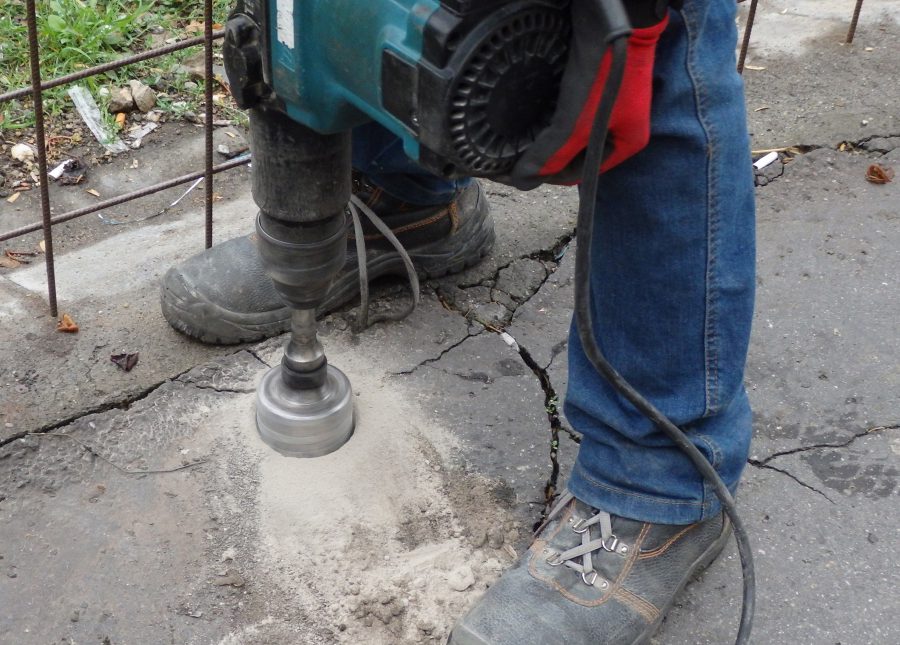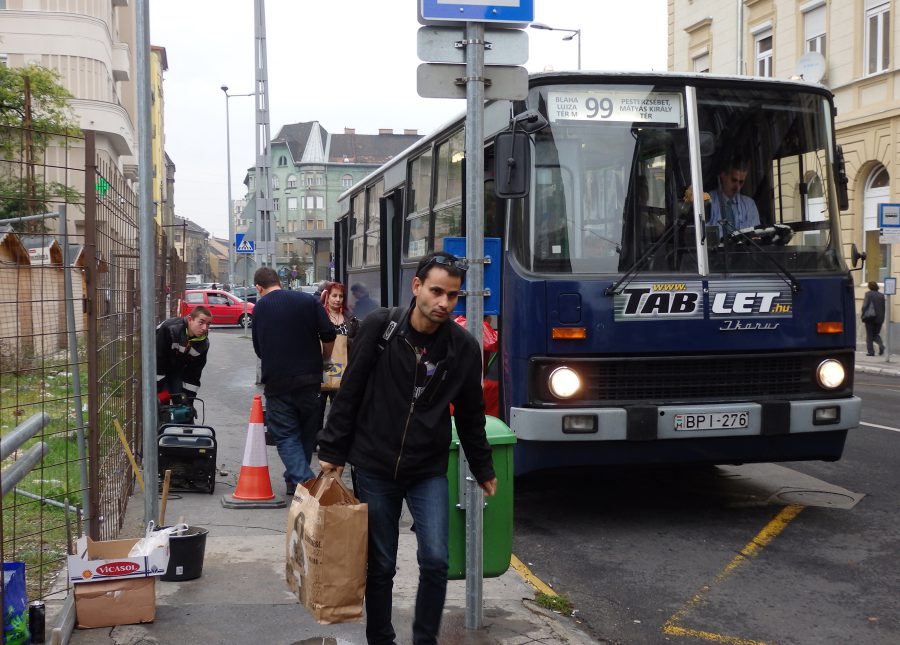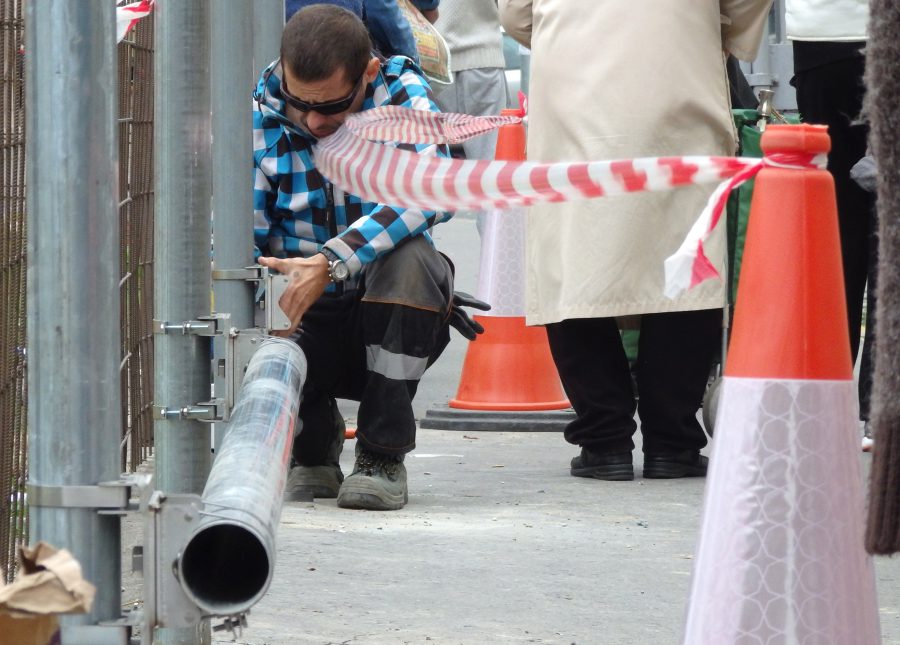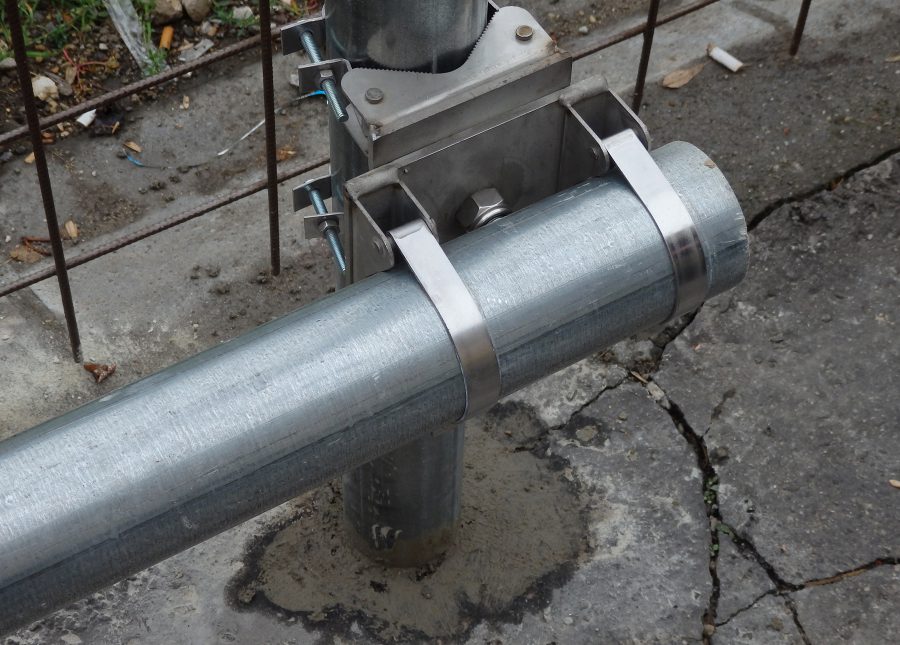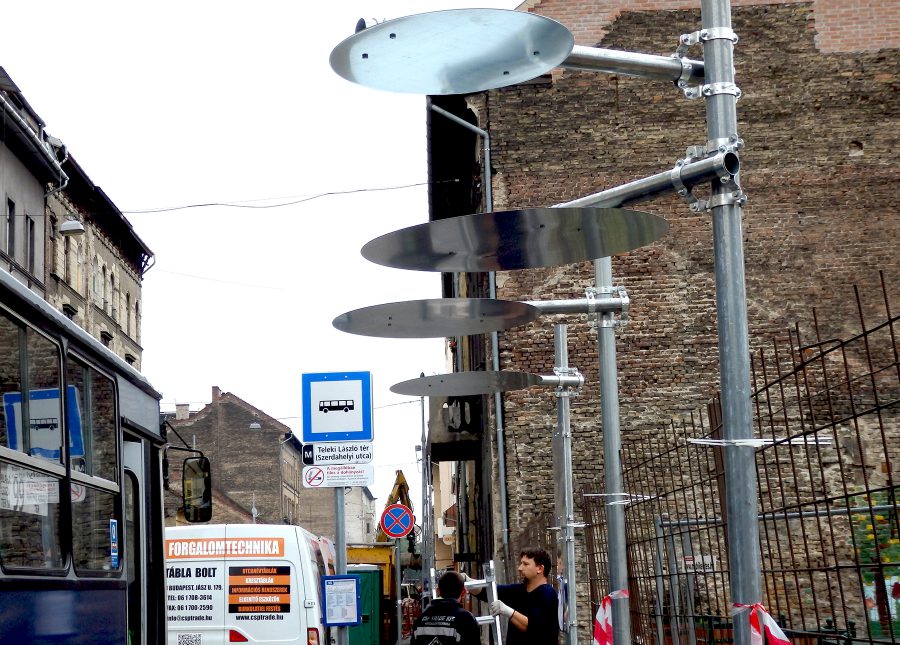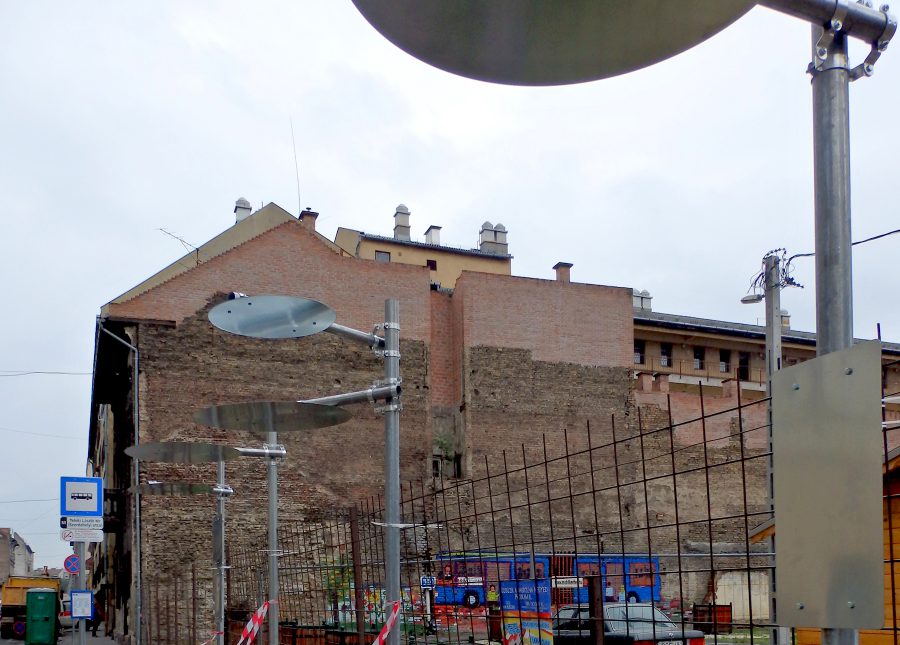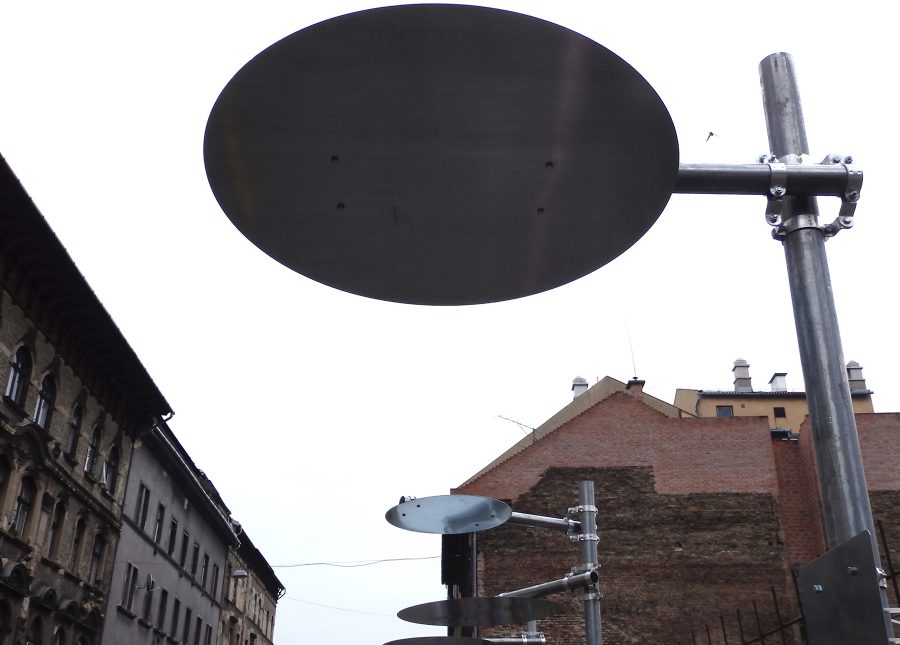We are happy to announce that the framework of the first BuS STOP for the bus line 99 has been realised yesterday at Teleki square in the Magdolna distr.!
[The next three stops and the finishing works + graphic design is going to be realised next week, updates and the finalised projects are coming soon…]
The Municipality of Józsefváros with the contribution of BKK, BKV & UFLab launches the „Magdolna Quarter Programme/99 BUS Research Project” – improving the public security and passengers’ comfort of the service
project week: 13th-17th July 2015 / event: 17th July 2015 at Teleki square
programs opened for the public with the intention of involving the local youth & children / exhibition of the children’s works inside a real bus / firewall painting / experimental bus stop installation / pimping up a real bus & more…

The diploma project „URBAN BLOCK REHABILITATION and FLOWER MARKET in Debrecen” designed by Virág Révai has won the special grant of PRO PROGRESSIO Foundation for it’s outstanding performance and innovative approach.
CONGRATULATIONS!
/diploma project in the framework of UFLab, designer: Virág Révai, consultants: György Alföldi DLA & Peter Bach
read more at: Pro Progressio Found
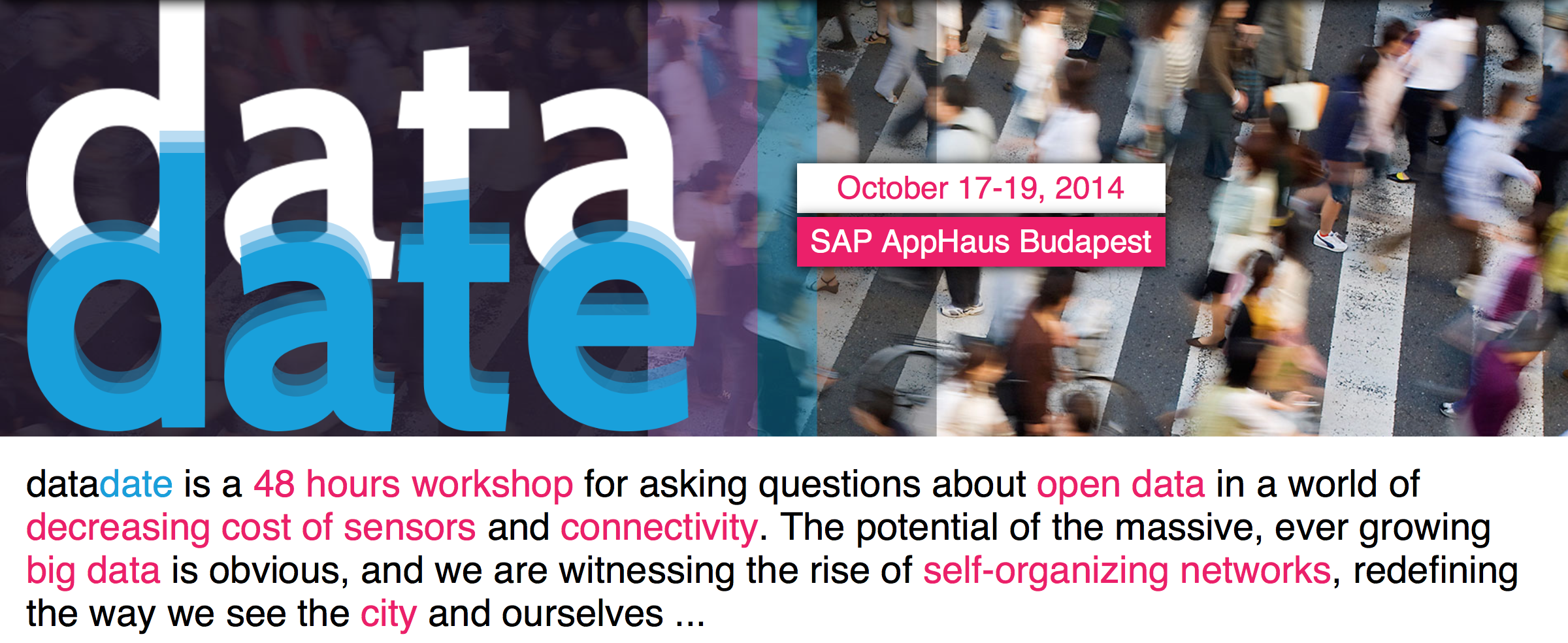
DATA/DATE is the first joint design workshop with the contribution of SAP and the urb/bme
Read more about the announcement, apply & join us for the event at datadatebudapest
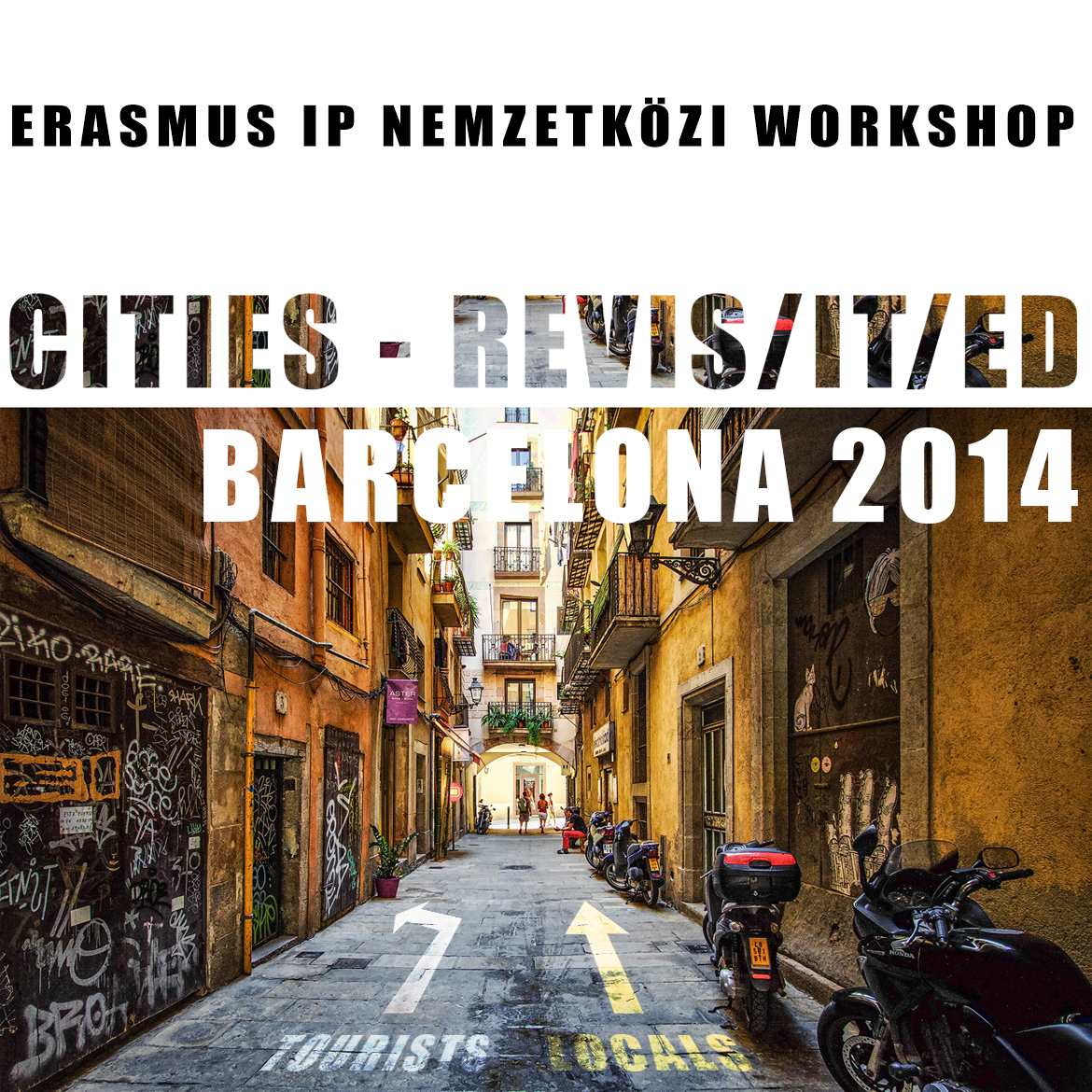
The Cities Revis(it)ed Budapest workshop achieved to present an innovative study method to architecture students, used to the maximum the possibilities of a student and teacher mobility program. Budapest, Barcelona and Milano are cities of similar size, touristic offer and culture. This way the objective to understand the tourism related urban development processes were clear to all participants, feeling the same problems in their home cities. This topic could use to the maximum the multiculturality of the group. Half were locals and half were tourists, so the special tourism development tactics students worked on relied on their best knowledge and experiences of the situation – being a tourist against knowing the place well. This way the teaching could become innovative. Students started with different tasks to get to know the environment and to understand problems and experiences related to tourism. This first part of the workshop lead to real field work and experience, producing data not only valuable for the workshop, but also for further research and publications. The method of exploration was also innovative, as gps tracking devices, geotagged photography and mental mapping were used by students for the first time in their studies. The lectures were also special, as they related to fields in strong connection with architecture and urban planning, but still touching new disciplines, like psychology, tourism management, geography. These are fields not present in the regular curriculum. The scientific experiences of the teachers involved did guarantee the quality of these lectures.
The workshop finally made a common work in 6 mixed international groups familiar in architectural and urban design, but based on the experiences and topics of the first part the results were much more useful and meaningful than in other workshops of architecture. Soft tourism development projects were produced in an innovative format, a guidebook from the future. This approach of understanding a development as a finished story that evolved in time is a quite new design and pedagogical approach, that resulted very successful. Also the pedagogical approach of consultations, presentations and lectures from all involved teachers to each group were successful – of course these are commonly used techniques. Some minor objectives were left behind, as the intensity of the work was already great enough, and we had no time to implement these: some more data gathering and on-site mapping had to be dismissed, as there was already enough material for the work, and we feared there would be no time for the production part. This way some of the mapping we considered fortunate to have were not produced, and some of the scientific aspects of working with a group of students half tourists and half locals were not developed for a future publication, while others more important were.
Read more at CITIES REVIS(IT)ED.EU
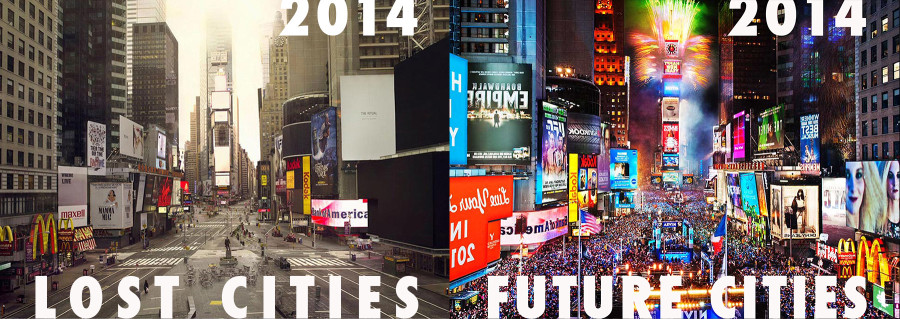
The UFLab launches the complex design studio for both Urbanist MSc and regular architect students for the semesters of 2014 with two interconnected thematics: LOST Cities & FUTURE Cities.
more info at urb/bme complex


